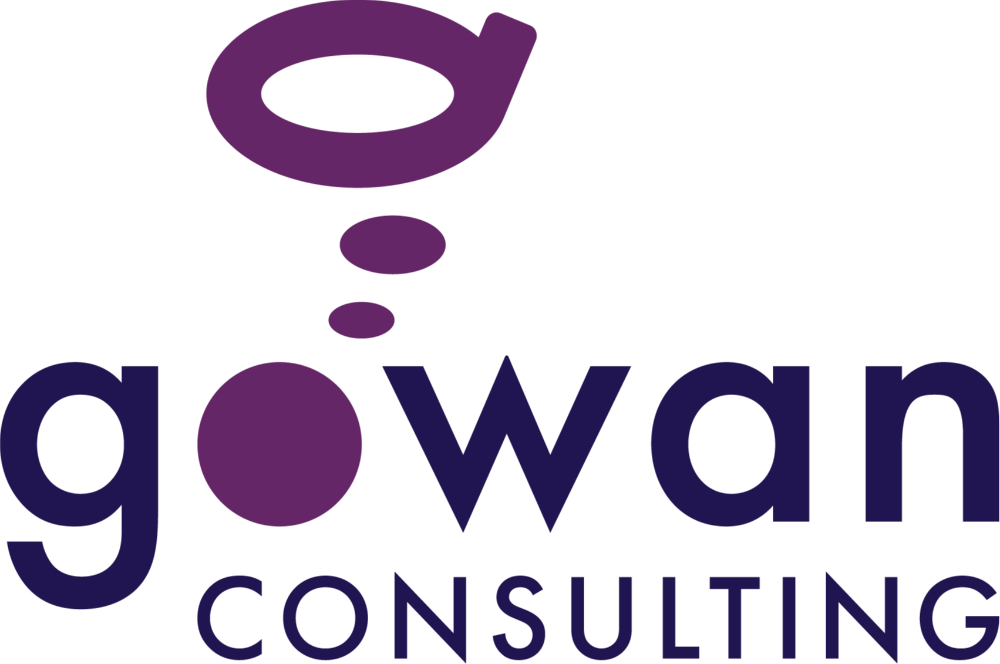Sleeping on the Job? Tips to Avoid Workplace Fatigue
Sep 21, 2023
Sleep is an essential factor in well-being and performance. It allows us to recharge and wake up energized to tackle day-to-day tasks. It also plays a vital role in healing the body and maintaining good health. Insufficient sleep prevents our bodies from resting at night, often resulting in feelings of grogginess or a negative shift in mood upon waking. Moreover, fatigue has strong associations with functional impairment, negatively impacting cognitive performance, memory, vigilance, problem-solving abilities, planning, and verbal fluency.1 These impairments are associated with workplace incidents, including errors in judgment, injuries, reduced quality of care and vehicular accidents.
It is important that employees get the right amount of sleep so they can perform their abilities at work and ensure that they are alert, especially when in a work environment that requires high levels of attention or potential risks. Employers can help employees experience less fatigue at work by recognizing positions that may be more prone to causing fatigue, encouraging good sleep hygiene, and making accommodations to ensure that the work environment is healthy and safe.
Fatigue and Work
Adults aged 18 years and over are recommended to sleep for 7 or more hours per night to ensure healthy cognitive and behavioural functions. However, according to Statistics Canada, approximately 1 in 5 Canadians get less than 7 hours of sleep per night, and only 1 in 20 sleep over 9 hours per night.3 Working Canadians between the ages of 35 to 49 get 7.7 hours of sleep on average, which is the lowest among the age range of working Canadians (18 to 64). Men also report better quality of sleep, in comparison to women.2
Fatigue is more than just simply being tired, which results from short-term sleep loss or from short periods of heavy physical or mental work. Being tired, sometimes referred to as acute fatigue, is temporary, and symptoms such as sleepiness and feeling worn out subside after a good night’s sleep. Fatigue, on the other hand, is the state of feeling very tired, weary, or sleepy resulting from insufficient sleep, prolonged mental or physical work, or extended periods of stress or anxiety.1 Impairments caused by fatigue reduce worker productivity, decrease attention to detail, impact workers’ learning, and negatively affects workers’ creative abilities.1
Presenteeism is a term used to denote when an employee is present at work, but their productivity and abilities are decreased. Presenteeism has been reported to cost employers nine times the cost of employee absenteeism.1 In other words, it is less expensive to have an employee miss work than to have them come to work fatigued and unable to do their job to the best of their ability.
Shift Work
Shift work comprises work scheduled between the hours of 7:00pm and 6:00am, including both fixed and rotating shifts. There are many varying positions that may require an individual to work outside of regular working hours during the day and is a common occurrence among many industries. Shift work may affect an employee negatively by changing their sleep pattens to ones that no longer match our brain’s natural circadian system. This can negatively affect mood, memory, alertness, judgement, and response time, as well as cause short- and long-term health problems. A term used to describe employees impacted by this is referred to as shift work disorder.4
Safety Sensitive Positions
Not getting enough sleep whilst working a safety sensitive position does not only increase the potential for error at work but is also dangerous for employees and everyone around them. Examples of some industries that are safety sensitive include aircraft operation, driving, manufacturing, and medical work.
Operating any sort of machinery while sleep deprived increases the potential for accidents, as chronically fatigued employees are 70% more accident prone within the workplace than those who are not fatigued.4 Additionally, driving with less than six hours of sleep increases the likelihood of getting into an accident by 33%.5 Sleep deprivation is often comparable to the effects of intoxication. An individual who has been awake for 17 hours exhibits behavior resembling a blood alcohol concentration of 0.05%, which is a level considered dangerous (and potentially illegal) for operating vehicles or machinery, making it a potential workplace risk factor. Healthcare workers such as nurses and doctors, who may be on rotational shifts, are also more likely to commit an error when fatigued; a study on sleep showed that nurses working a night shift made 32% more errors in comparison to day-shift nurses.5
What Can Employers Do?
Employers can take steps to balance their workplace's needs while also prioritizing the health and well-being of their employees. This may include:
- Monitoring employees, especially those new to shift work, to ensure they can perform with no risks and minimal error and are fit to complete tasks.
- Providing a well-lit work environment to combat the effects of the body’s circadian system, which indicates when it is time to wind down through the production of melatonin as the sun begins to set in the evening. Other environmental considerations at work include ensuring comfortable temperatures and reasonable noise levels to ensure optimal productivity.
- Ensuring that an employee has safe travel to and from work during shift work hours or shifts that go over-time.
- Keeping a line of open communication to ensure that the needs of employees are heard, and needs are addressed to foster a psychologically safe work environment.
- Maintaining consistent shift work schedules and provide adequate hours between shifts to ensure an individual has time for rest after work and can adjust to a more nocturnal schedule. Consider that the time between shifts is not always completely dedicated to resting—it is also needed for other tasks such as commuting, preparing, and eating meals, socializing, and relaxing.
- If the job requires long hours/overtime, consider providing amenities for workers such as prepared meals, onsite accommodations, and/or facilities where workers can nap either during the shift or before driving home.
- Be sensitive to the different types of work activity that is done in your environment—repetition of the same task can lead to fatigue. Be flexible when assigning tasks. Assign workers who may be fatigued to tasks that aren’t safety sensitive.
What Can Employees Do to Feel Well Rested?
- Go to bed and get up around the same time every day.
- Turn out the light immediately when going to bed.
- Turn screens off at least one hour before bed.
- Do not read or watch television or work on your tablet/laptop in bed.
- Put your cell phone in another room instead of by your bed.
- Make your room as dark and quiet as possible.
- Use white noise devices, such as fans, to drown out external noises.
- Establish regular eating times with nutritious food.
- Avoid caffeine, tobacco, and alcohol, especially before bed.
- Exercise regularly.
How Can Gowan Consulting Help?
Gowan Consulting helps employers to identify psychological risk factors in the workplace, implement measures to reduce the risk, and support employees in psychological health and safety in the workplace. We believe work is healthy when it is safe and provides meaningful, productive activities that meet the employee’s abilities. Our Occupational Therapists can assess employees’ ability to function in the workplace and evaluate the impact of sleep loss on productivity and safety. We provide organizations with the necessary information to keep employees, coworkers, and the workplace safe.
For more information regarding our workplace solutions, contact us, or book an assessment here.
Works Cited
[1] Dyck, D. (2018). At work and impaired? OOHNA Journal of the Ontario Occupational Health Nurses Association. 37 (1). 7-11.
[2] Government of Canada, S. C. (2022, March 18). World sleep day. https://www.statcan.gc.ca/o1/en/plus/581-world-sleep-day
[3] Pacheco, D., & Singh, Dr. A. (2023, September 6). Why do we need sleep?. Sleep Foundation. https://www.sleepfoundation.org/how-sleep-works/why-do-we-need-sleep
[4] Suni, E., & Singh, A. (2023, August 31). The relationship between sleep and workplace accidents. Sleep Foundation. https://www.sleepfoundation.org/excessive-sleepiness/workplace-accidents
[5] Pacheco, D., & Singh, Dr. A. (2023, August 31)Tips on shift work disorder in the workplace. Sleep Foundation. https://www.sleepfoundation.org/shift-work-disorder/tips/workplace

